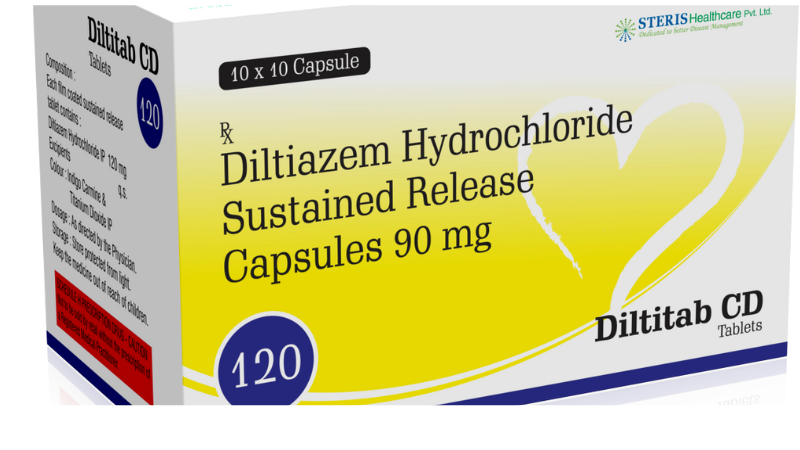Deciphering Diltiazem CD 120 Tablets: An Overview
Feb 26, 2024
Introduction to Diltiazem CD 120 Tablets
Diltiazem CD 120 tablets, a pharmaceutical marvel, are frequently prescribed to manage an array of cardiovascular ailments. Belonging to the calcium channel blocker class, diltiazem operates by relaxing blood vessels, thereby enhancing blood flow. This article aims to unravel the intricacies of Diltiazem CD 120 tablets, encompassing their uses, mechanism of action, dosage, potential side effects, and precautions.
Understanding Diltiazem CD 120 Tablets
Diltiazem CD 120 tablets, also known as Diltiazem Controlled Delivery 120 tablets, are a stalwart in cardiovascular pharmacotherapy. These tablets are formulated to provide a controlled release of diltiazem hydrochloride, the active ingredient, over an extended period. This controlled delivery mechanism ensures sustained therapeutic effects, making Diltiazem CD 120 tablets an integral component in the management of various cardiovascular conditions.
Mechanism of Action
The mechanism of action of Diltiazem CD 120 tablets revolves around their ability to inhibit calcium influx into cardiac and smooth muscle cells by blocking calcium channels. By doing so, diltiazem induces vasodilation, thereby reducing peripheral resistance and lowering blood pressure. Additionally, diltiazem exerts negative chronotropic and inotropic effects on the heart, leading to a decrease in heart rate and contractility. This multifaceted mechanism makes Diltiazem CD 120 tablets effective in treating hypertension, angina, and certain cardiac arrhythmias.
Indications for Use
Diltiazem CD 120 tablets find extensive use in the management of various cardiovascular conditions, including:
-
Hypertension: Diltiazem CD 120 tablets are indicated for the treatment of hypertension, aiding in the reduction of elevated blood pressure levels.
-
Angina Pectoris: These tablets are effective in alleviating symptoms of chronic stable angina by improving myocardial oxygen supply through vasodilation.
-
Cardiac Arrhythmias: Diltiazem CD 120 tablets may be prescribed to control heart rate in patients with atrial fibrillation, atrial flutter, or supraventricular tachycardia.
Dosage and Administration
The dosage of Diltiazem CD 120 tablets is individualized based on the patient's medical condition, response to treatment, and concomitant medications. Typically, the recommended starting dose for hypertension is 180 to 240 mg once daily, administered orally in the morning. For the management of angina, the usual starting dose ranges from 120 to 180 mg once daily. It is important to swallow the tablets whole with a glass of water and not to crush or chew them, as this may alter the controlled-release properties. Patients should adhere strictly to the prescribed dosage regimen and consult their healthcare provider for any dosage adjustments.
Potential Side Effects
While generally well-tolerated, Diltiazem CD 120 tablets may elicit certain adverse effects, including:
-
Dizziness or Lightheadedness: Some individuals may experience dizziness or lightheadedness, especially upon standing up rapidly, due to the blood pressure-lowering effects of diltiazem.
-
Headache: Headache is a common side effect reported by patients taking Diltiazem CD 120 tablets.
-
Nausea or Vomiting: Gastrointestinal disturbances such as nausea or vomiting may occur in some individuals.
-
Peripheral Edema: Edema, characterized by swelling of the ankles, feet, or hands, may occur due to fluid retention induced by diltiazem.
-
Constipation: Constipation is another potential gastrointestinal side effect associated with diltiazem use.
Precautions and Considerations
Before initiating therapy with Diltiazem CD 120 tablets, patients should inform their healthcare provider about any preexisting medical conditions, allergies, or concurrent medications. Additionally:
-
Pregnancy and Breastfeeding: Diltiazem should be used with caution during pregnancy and breastfeeding, as its safety in these populations has not been established conclusively.
-
Liver or Kidney Impairment: Patients with hepatic or renal dysfunction may require dosage adjustments or closer monitoring while taking diltiazem.
-
Drug Interactions: Diltiazem has the potential to interact with various medications, including other antihypertensives, antiarrhythmics, and certain antibiotics. Patients should inform their healthcare provider about all medications they are taking to prevent potential drug interactions.
-
Grapefruit Interaction: Consumption of grapefruit or grapefruit juice should be avoided while taking diltiazem, as it may increase the risk of adverse effects or alter drug metabolism.
Conclusion
Diltiazem CD 120 tablets represent a cornerstone in the pharmacological management of hypertension, angina, and certain cardiac arrhythmias. By elucidating their mechanism of action, indications, dosage, potential side effects, and precautions, patients and healthcare providers can make informed decisions regarding their use. Adherence to prescribed dosage regimens and vigilant monitoring for adverse effects are crucial to ensuring the safe and efficacious use of Diltiazem CD 120 tablets in clinical practice.
FOR MORE FURTHER INFORMATION:
EMAIL: info@sterispharma.com / contact@sterispharma.com
CONTACT NO: 8209542042, 8955945010, 7877551268, 6377716668
Recent Post
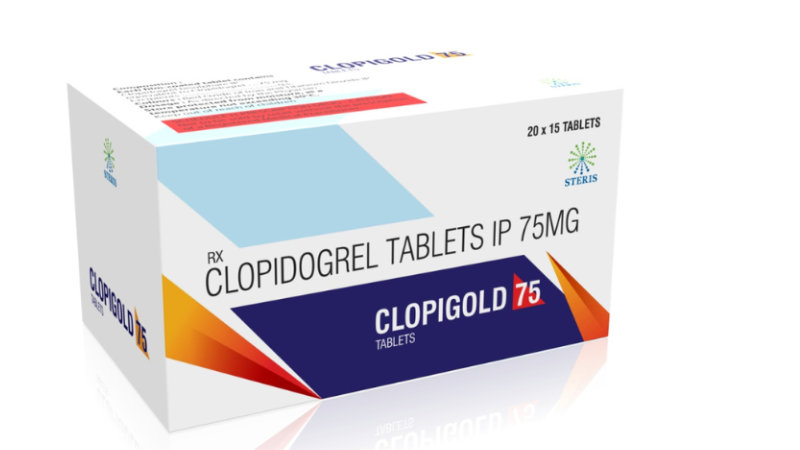
Clopidogrel 75 mg Brands in India – Trusted Options for Heart Health.
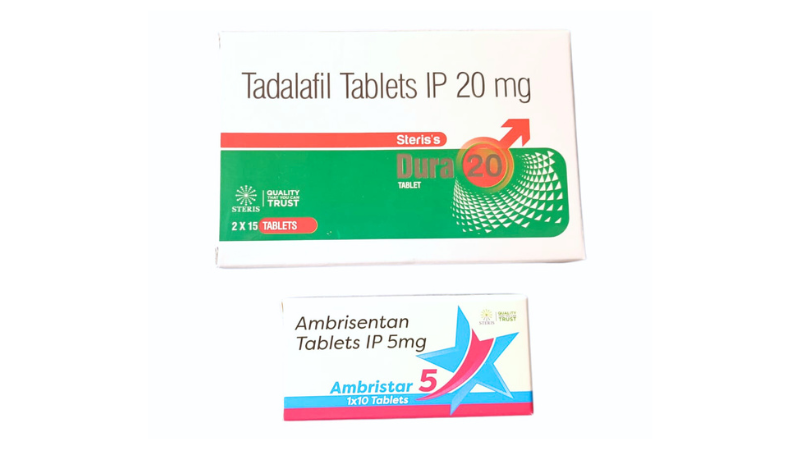
Combipack of Ambrisentan and Tadalafil Tablets: Dosage, Side Effects, Uses and more information
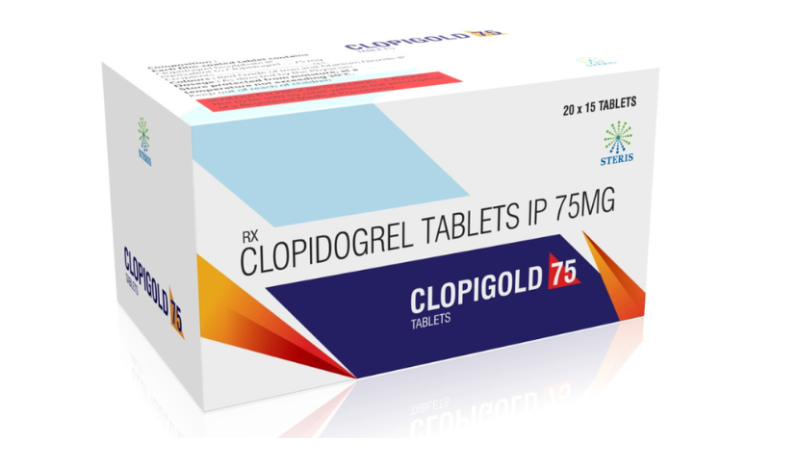
Clopidogrel 75 mg Uses in Hindi – दिल की बीमारियों में क्यों है यह दवा जरूरी?
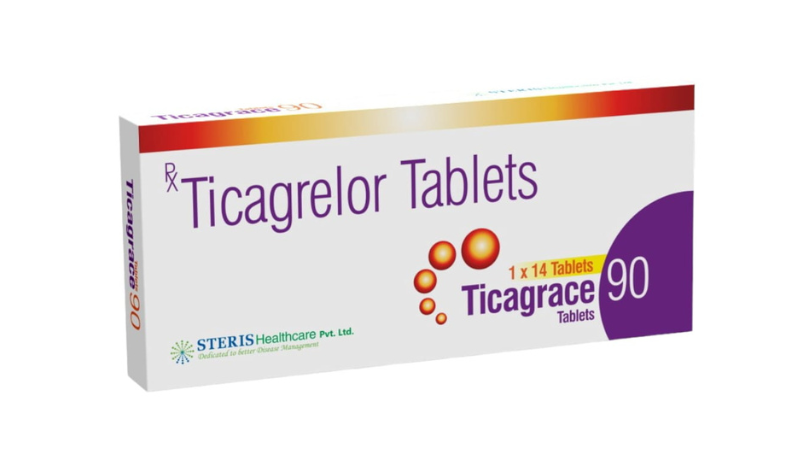
Ticagrelor 90 mg Uses in Hindi: टैबलेट के उपयोग, फायदे, कीमत, साइड इफेक्ट्स और विकल्प I

Digital Detox - Why Your Mind and Body Need a Break from Screens
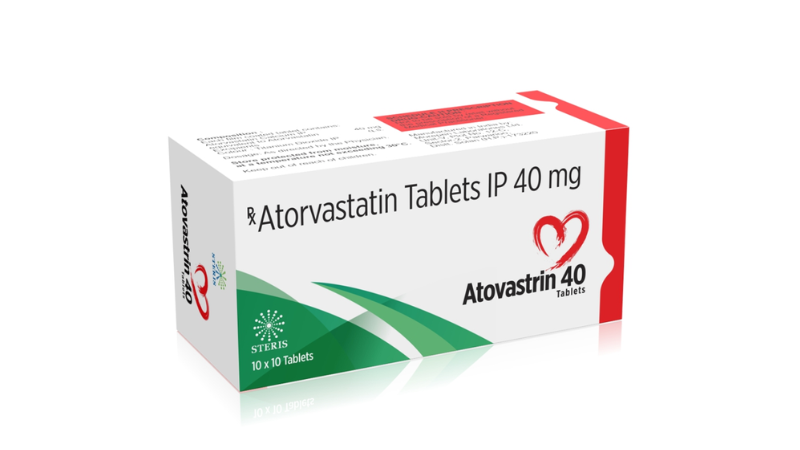
Complete Guide to Atorvastatin 40 mg: Uses, Side Effects, and Safety
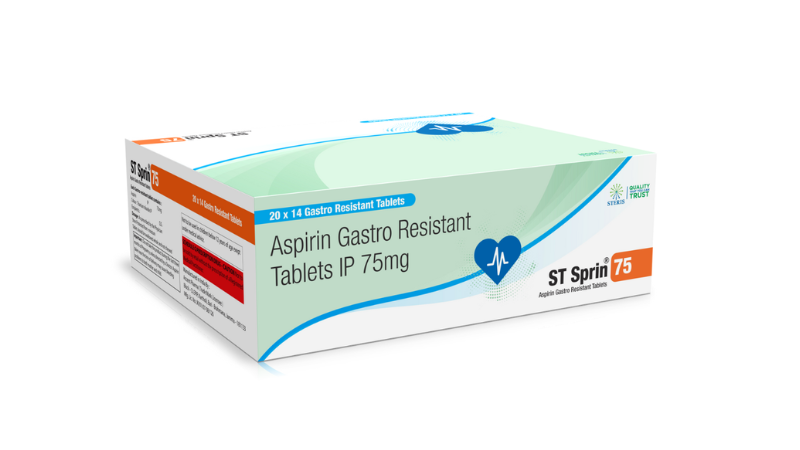
Aspirin Gastro Resistant 75mg: Complete Guide to Uses, Benefits & Precautions
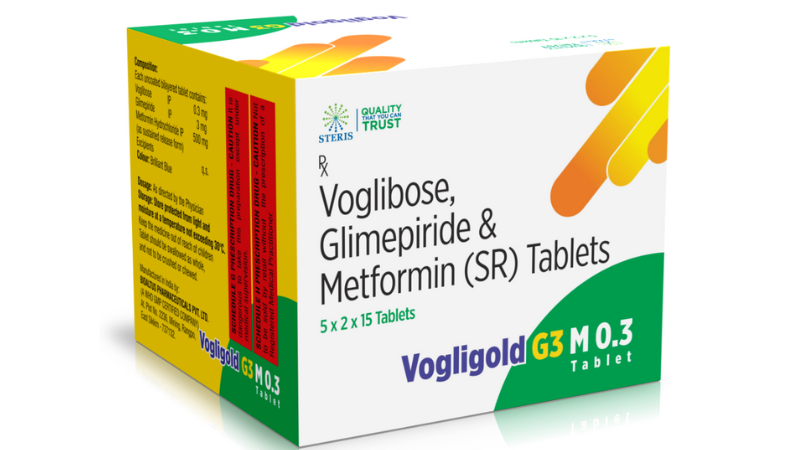
Voglibose Glimepiride Metformin Hydrochloride Tablets.
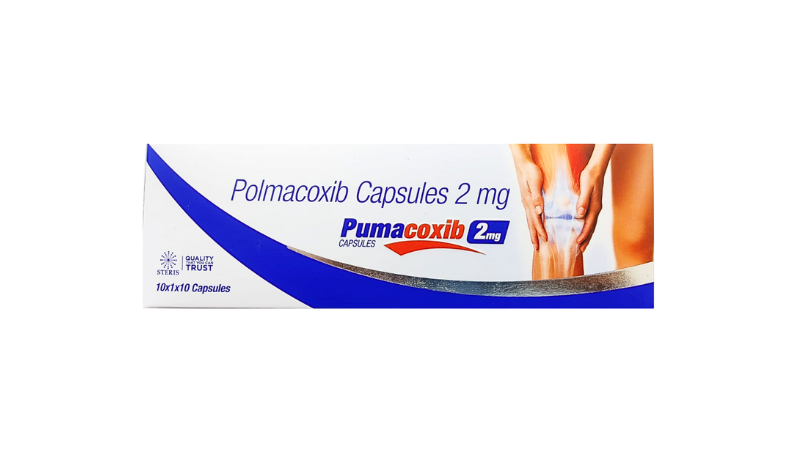
Polmacoxib Capsules 2mg: Complete Guide on Uses, Side Effects, and Dosage
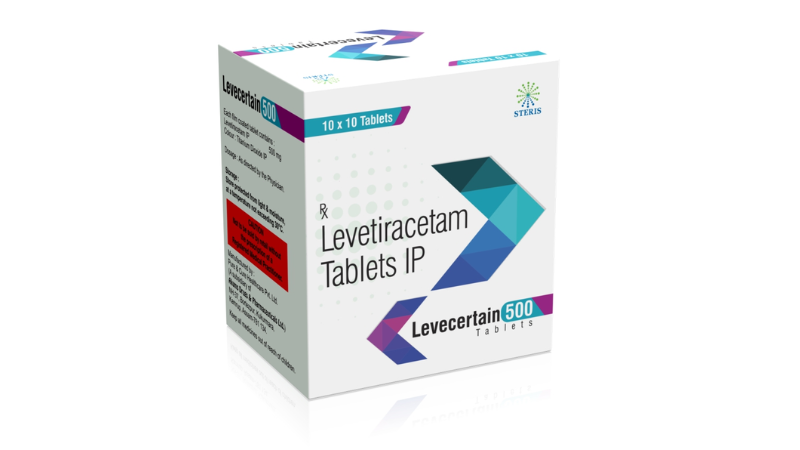
Levetiracetam 500 mg Tablet: Effective Seizure Control for All Ages

